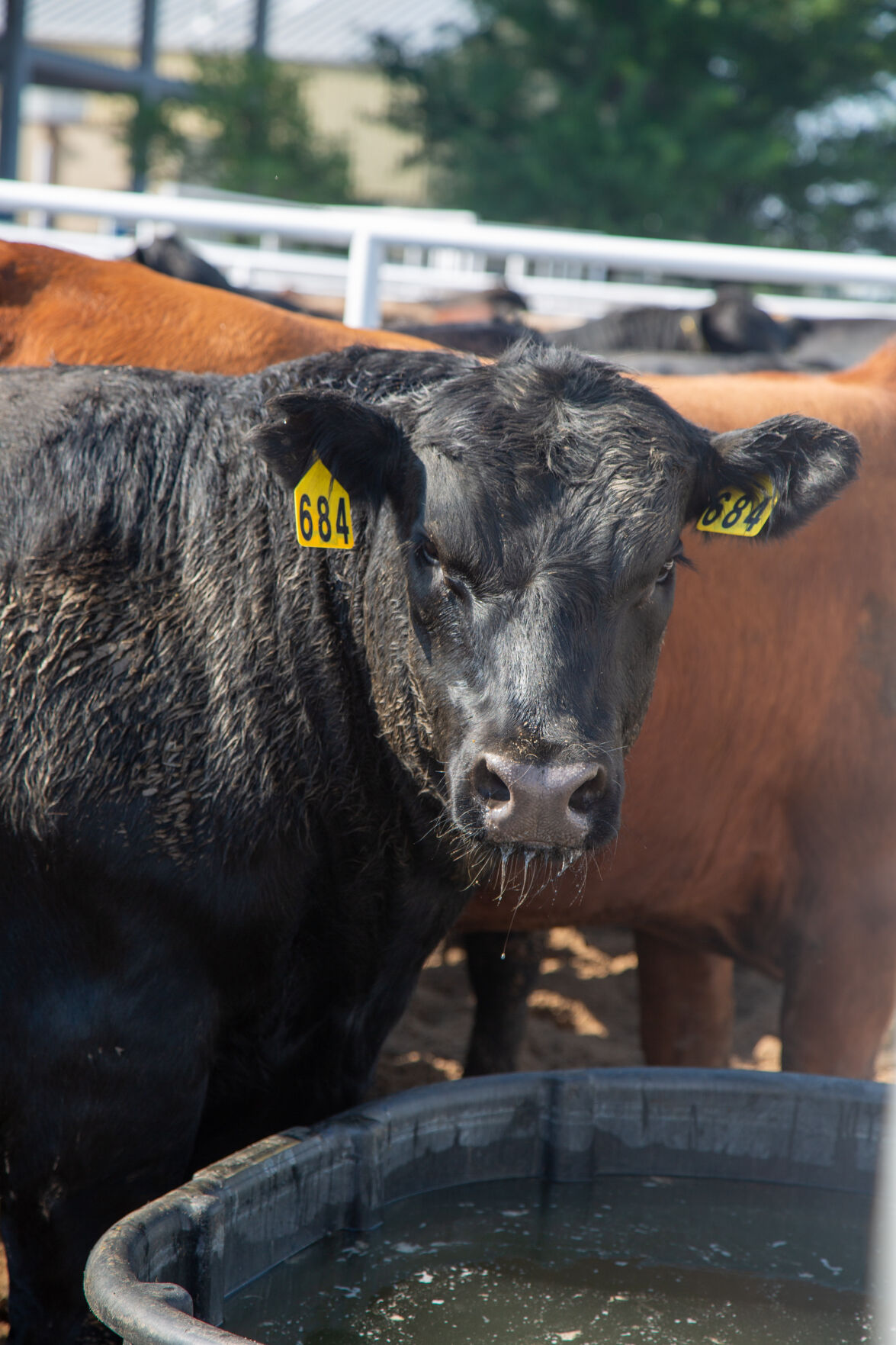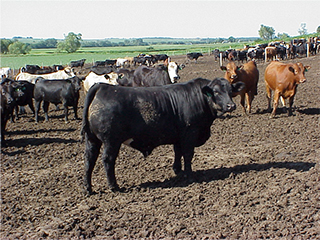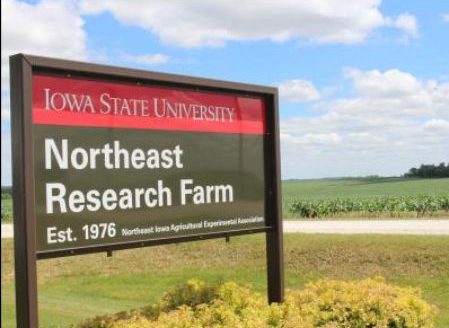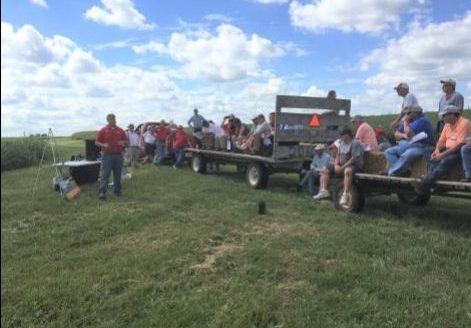Tri-County Steer Carcass Futurity now accepting entries for fall 2023

When the Iowa Tri-County Steer Carcass Futurity began in 1982, the name was self-explanatory. Much like many other feedout programs of the day, the program covered a local geographical area and producers entered just a few head each. The winner received a $1,000 check and bragging rights for a year.
But early on, Iowa State University extension livestock specialist Darrell Busby and the directing board of cow-calf producers saw greater potential, said current TCSCF manager Catherine Hoffmann.
“The real awakening was after the third year, when one of the board members had won the $1,000,” she said. “Busby said, ‘I think we should give the person in last place the $1,000 so he could go out and buy a better bull.'”
At that point, the program focus shifted to identifying factors that influence profitability. Vaccination and weaning programs may seem standardized now, but they were among the first recommendations to surface from the futurity’s growing database.

Today, more than 40 individual data points are collected on each animal entered. Everything is recorded, from breed type and birth date to temperament and carcass data, allowing for several after-the-fact analyses. This information helps everyone in the beef business.
There is literally no lower limit on consignment size. But as a practical matter, most participants send a stock trailer load or two, ranging all the way up to one ranch that places more than 200 head in futurity feedlots. Everyone gets the same reports and has equal opportunity to make changes in their herds.
“That’s really the heart of the program,” Hoffmann said. “Cow-calf producers provide as much detail as they can, the feedlots report their information, and the futurity puts it all together. Then it’s disseminated back to all those parties on an individual level and shared in general terms with the entire industry.”
TCSCF is not just about the livestock, she said. It’s about people helping each other solve problems, create opportunities and learn that better management pays. It produces healthier, more docile cattle with a lower cost of production, along with higher quality beef that earns a premium for the producer.
“Nobody gets a $1,000-winner check anymore, but many producers who have implemented what they learned are reaping greater rewards,” Hoffmann said. “Now it’s in a form more consistent with the real-world feeding environment: premiums paid for their end product.”
TCSCF is currently accepting entries for delivery this fall. For more information, visit the program website or contact Hoffmann at 712-769-2600.



